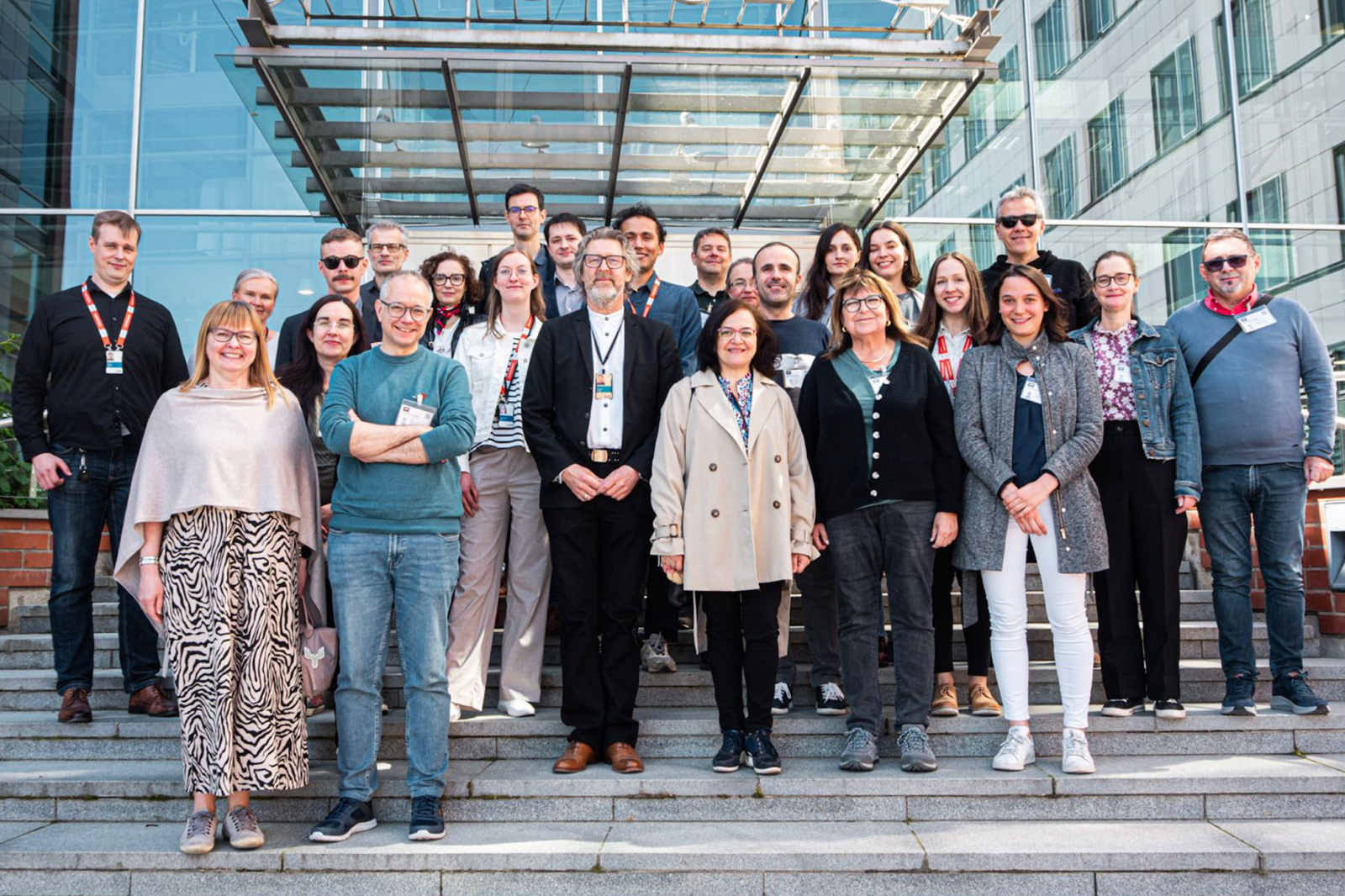This week marks the kickoff meeting in Finland of BIOMAPS (BIO-intelligent Manufacturing of Multifunctional Bio-based Polymer Systems), an ambitious European project funded by the Horizon Europe programme. Over the next three years, BIOMAPS will develop a new generation of high-performance, biodegradable plastics, produced through advanced biotechnological processes and tailored for demanding industrial applications.
The project focuses on the development of plastics derived from bacterial fermentation — known as PHAs — that, through chemical vitrimerization, acquire advanced properties such as self-healing, enhanced thermal and chemical stability, and the ability to undergo chemical recycling. These features will allow their adaptation to various industrial sectors, offering a viable and sustainable alternative to conventional petroleum-based plastics.
At the University of Santiago de Compostela, the project is represented by Massimo Lazzari, researcher at the Centre for Research in Biological Chemistry and Molecular Materials (CiQUS), who — together with Ana María Otero and Manuel Romero from the iARCUS Institute — leads one of the project’s core work packages. Their team will study the real-world degradation behaviour of the new materials and work on developing methods to recover useful monomers from plastic waste, using both specialised enzymes and adapted bacterial consortia. Part of these experiments will be carried out in bioreactors designed by the team, using advanced microbiological and spectroscopic techniques.
The BIOMAPS consortium, which has received approximately €5 million in funding, is coordinated by the Finnish research centre VTT and brings together eleven partners from eight European countries. Among them are academic and research institutions such as the Politecnico di Torino, University of Turku, University of Sassari, and the University of Santiago de Compostela, alongside innovative companies such as BIOPLASTECH (Ireland), INURU (Germany), STRANE Innovation (France), and automotive manufacturer STELLANTIS, through its OPEL brand. The project aims to combine scientific knowledge with industrial expertise to accelerate the development and adoption of safer and more sustainable materials. This collaboration between academia and industry is key to translating research into real-world applications.
The CiQUS holds the CIGUS recognition by the Xunta de Galicia, that accredits the quality and impact of its research, and receives financial support from the European Union through the Galicia FEDER Program 2021-2027.
 BioMaps Kick-Off Meeting | Image: BioMaps
BioMaps Kick-Off Meeting | Image: BioMaps


